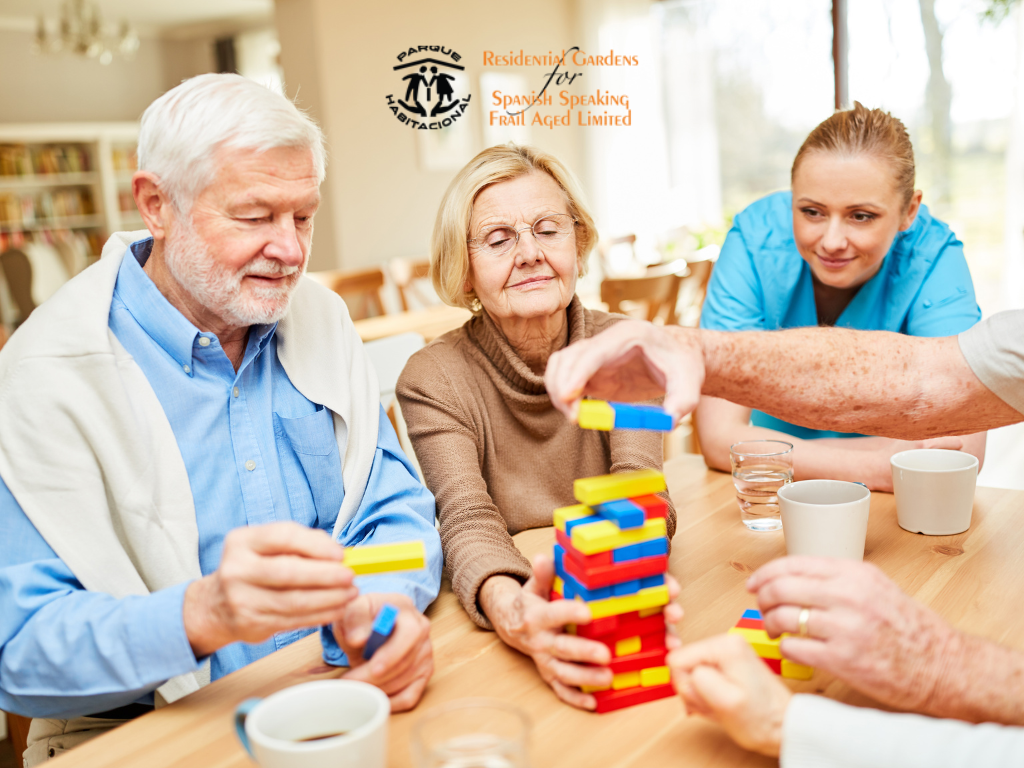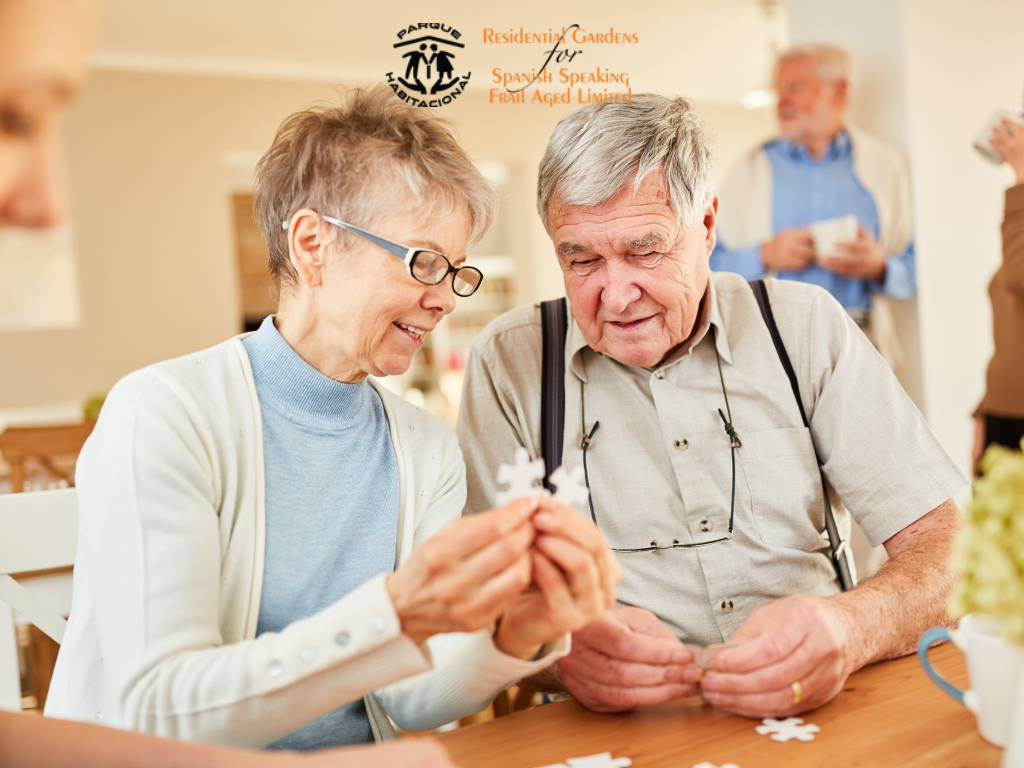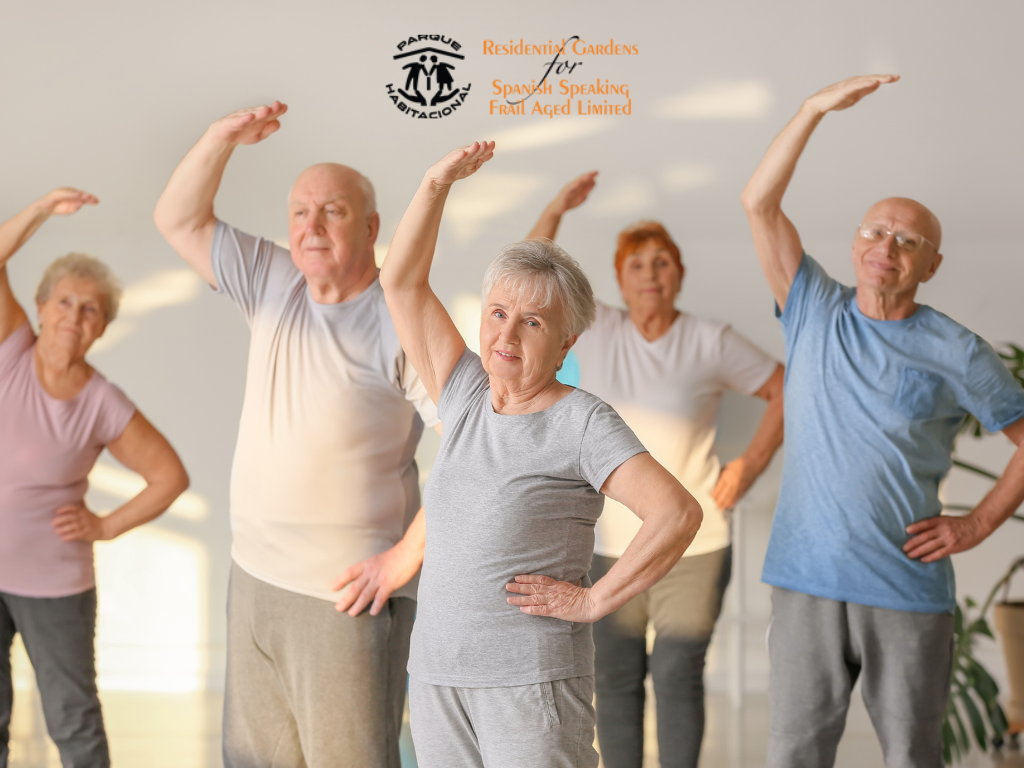Mental health is essential for maintaining a good quality of life, particularly for residents in aged care nursing homes. For older adults, mental well-being can affect everything from physical health to social engagement. When residents feel mentally well, they’re more likely to enjoy each day, stay active, and interact positively with those around them. Mental health supports a better quality of life, fostering happiness and resilience.
In aged care south west, supporting mental health means providing a safe and nurturing environment where residents can thrive. It’s not just about physical care—mental well-being plays a crucial role in helping seniors live healthier, more fulfilled lives.
Challenges Faced by Seniors in Aged Care South West
Older adults can face unique mental health challenges, including feelings of loneliness, anxiety, and depression. Adjusting to life in aged care nursing homes can be difficult at first, with the loss of independence and changes to their usual routines. Sometimes, these feelings lead to mental health struggles that can impact their overall health.
A supportive environment, however, makes a difference. In aged care south west facilities, there are various ways to help residents feel connected, valued, and at ease. With compassionate staff and tailored support, aged care homes can create a positive atmosphere that helps residents overcome these challenges.
Types of Mental Health Support Available in Aged Care South West

Professional Counseling and Therapy Services
In aged care nursing homes, professional mental health support is often available to address the emotional needs of residents. Counselling sessions provide a safe space for residents to talk openly, express their feelings, and work through any emotional struggles they might face. Whether it’s adjusting to their new environment, dealing with past trauma, or managing anxiety, professional support helps residents cope.
Counsellors and therapists in aged care south west facilities use gentle, caring approaches tailored to older adults. These sessions can offer a valuable lifeline for residents, providing emotional stability and helping them find peace of mind.
Support Groups and Peer Connections
Support groups are an effective way to bring residents together, offering them a chance to share their experiences and feel understood. These groups foster a sense of belonging, helping seniors realise that they’re not alone in their journey. Peer connections are particularly valuable because they build trust and camaraderie among residents.
Within aged care south west facilities, these support groups are often a key part of mental health care. By encouraging friendships and shared experiences, aged care homes create a supportive community where residents feel valued and connected.
Activities that Promote Mental Wellness in Aged Care
Mindfulness and Meditation Sessions
Mindfulness and meditation are gentle practices that promote relaxation, helping residents manage stress and stay calm. In aged care nursing homes, mindfulness sessions guide residents through breathing exercises, focusing techniques, and calming practices. These activities are simple yet powerful tools for mental wellness.
Regular mindfulness and meditation sessions allow residents to focus on the present moment, which helps reduce anxiety and improve concentration. This practice is beneficial for mental clarity and overall well-being, offering a peaceful outlet that residents can use whenever they need a mental break.
Art and Music Therapy for Emotional Expression
Creative activities like art and music therapy are more than just enjoyable—they’re also wonderful outlets for self-expression. Art therapy, for instance, allows residents to convey emotions through drawing, painting, or crafting, often providing a sense of relief and accomplishment. Similarly, music therapy uses melodies and rhythms to evoke emotions, helping residents connect with memories and feel joy.
In aged care south west facilities, these creative therapies offer valuable mental health support. By engaging in art and music, residents can express themselves freely and find comfort in the process. These activities also boost self-esteem and foster a sense of purpose, which can be incredibly uplifting.
Cognitive Stimulation Activities to Keep the Mind Sharp

Memory Games and Puzzles
Cognitive activities like memory games and puzzles are not only fun but also excellent for keeping the mind sharp. These games help residents exercise their memory, problem-solving skills, and focus. Simple puzzles, word games, or matching games can support mental agility and slow cognitive decline, making them ideal for residents of all abilities.
In aged care nursing homes, these activities are often part of daily routines, offering residents a stimulating and rewarding experience. Regular engagement in cognitive exercises helps residents maintain mental clarity and independence, contributing to their overall mental wellness.
Reading Groups and Book Clubs
Reading groups and book clubs provide both cognitive and social benefits. In these groups, residents can engage with books, discuss stories, and share insights, which keeps their minds active and engaged. Discussions allow them to express opinions, improving both cognitive function and confidence in communication.
Within aged care south west communities, these reading groups help residents feel connected and involved. The shared love for books and stories encourages social interaction and mental stimulation, adding a fulfilling element to their day.
Social and Recreational Activities to Combat Loneliness
Group Outings and Excursions
For residents in aged care nursing homes, social outings can provide a refreshing change of scenery and a chance to connect with others. Group trips, whether to a nearby park, a local cafe, or even a simple nature walk, offer opportunities for residents to bond and enjoy shared experiences. These outings bring joy to daily life, helping residents feel connected to the community around them.
Spending time outdoors or exploring new places with peers can be both relaxing and stimulating. These excursions give residents a sense of freedom and adventure, adding excitement to their routine.
Board Games and Group Games
Board games and group activities bring people together, encouraging laughter, conversation, and friendly competition. Games like bingo, cards, or simple board games help residents engage socially while having fun. Playing games stimulates the mind, helps build friendships, and creates moments of joy.
In aged care south west facilities, regular game sessions offer residents a sense of belonging and interaction. The laughter and connections made through these activities help residents feel more at home and less isolated, making a significant positive impact on their mental health.
How Families Can Support Mental Health for Loved Ones in Aged Care

Visiting Regularly and Staying Involved
Regular visits from family can lift a resident’s spirits and help them feel loved and valued. For family members with busy schedules, setting aside even short, regular visits can make a big difference. Staying involved in your loved one’s life helps boost their mood, supports mental health, and strengthens your bond.
To maintain connection, consider video calls or sending letters and photos. Small gestures like these show care and remind residents that their family is always there for them, creating a comforting sense of continuity.
Encouraging Participation in Activities
Motivating loved ones to join in activities at their aged care nursing homes can greatly benefit their mental well-being. Encourage them to attend social events, join group games, or try new hobbies. Showing interest in the activities they enjoy or even participating with them during visits can inspire them to stay engaged.
In aged care south west facilities, these activities are designed to enhance well-being and provide joy. With family support, residents often feel more comfortable and enthusiastic about joining in, which can help combat loneliness and boost their mental health.
Creating a Calm and Supportive Environment in Aged Care Nursing Homes
The Role of a Comfortable Living Space
A comfortable and personalised living space can have a big impact on a resident’s mental health. Small touches, like family photos, a favourite blanket, or personal decorations, can make their room feel more like home. Familiar items bring comfort and help residents settle into their new environment with ease.
In aged care nursing homes, creating a homey space can boost a resident’s mood and sense of security. A cosy, familiar room can make all the difference in making them feel safe, supported, and at ease.
Ensuring Residents Feel Safe and Supported
The role of a caring and responsive staff is crucial for creating a supportive environment. Residents feel at ease when they know they are surrounded by compassionate, attentive caregivers who understand their needs. The right environment, paired with kind and empathetic staff, fosters trust and emotional security.
In aged care south west facilities, staff play a vital role in supporting residents’ mental well-being. A nurturing environment helps residents feel valued and respected, which is essential for mental and emotional health.
Signs to Watch For: When to Seek Additional Mental Health Support

Common Signs of Mental Health Struggles in Seniors
It’s important for family members and staff to recognise signs of mental health issues early. Look out for changes in mood, withdrawal from social activities, or a loss of interest in hobbies they once enjoyed. Other signs, like increased anxiety, difficulty sleeping, or changes in appetite, may also indicate a need for mental health support.
Addressing these signs early can make a big difference in their well-being. By staying observant and attentive, loved ones and caregivers can offer timely support and prevent issues from worsening.
Seeking Help and Available Resources
If additional mental health support is needed, there are resources available within aged care south west. Seeking help from mental health professionals, such as counsellors or therapists, can provide valuable support and guidance for residents. Many facilities also offer mental health resources on-site, making it easy for residents to access help when they need it.
For families, reaching out to staff or consulting with the facility’s care coordinator can be a helpful first step. They can provide information on available services and connect residents to the right support.



